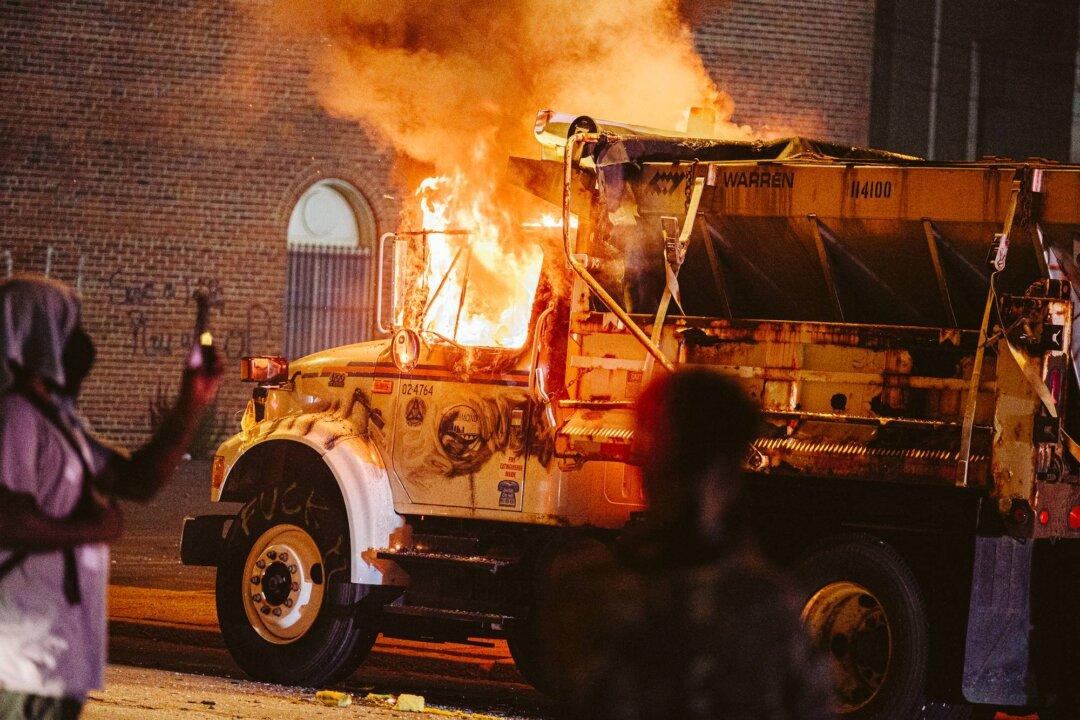Legislation allowing chief law enforcement officers in Virginia’s cities to set temporary curfews for imminent civil unrest or riots is on its way to the governor’s desk.
The Virginia House of Delegates passed legislation SB 1455 on Feb. 22. The measure empowers local law enforcement chiefs to impose curfews for up to 24 hours if there is “an imminent threat of any civil commotion or disturbance in the nature of a riot which constitutes a clear and present danger.”





